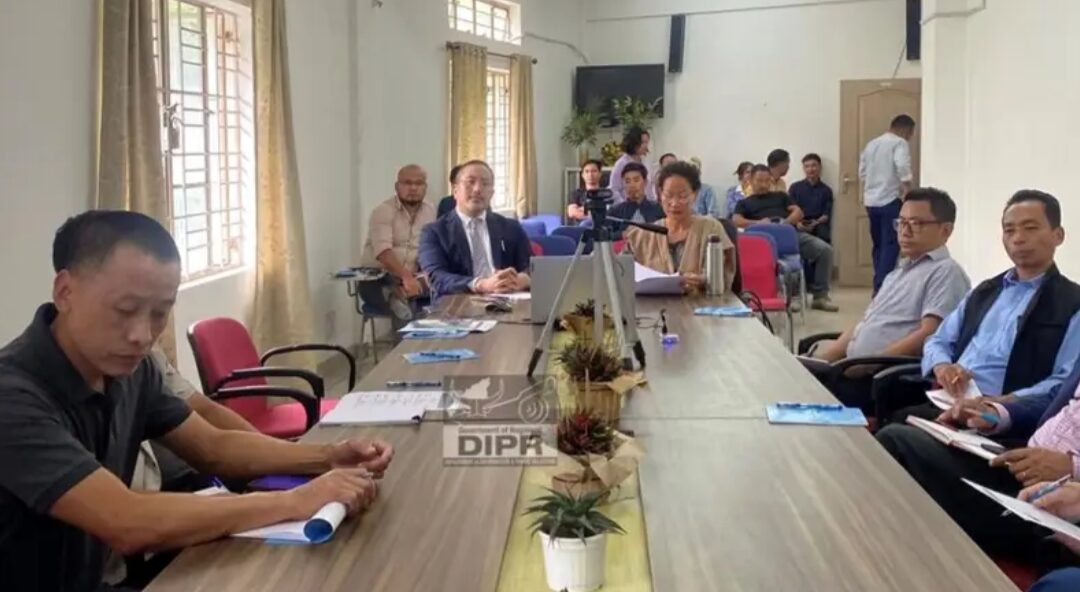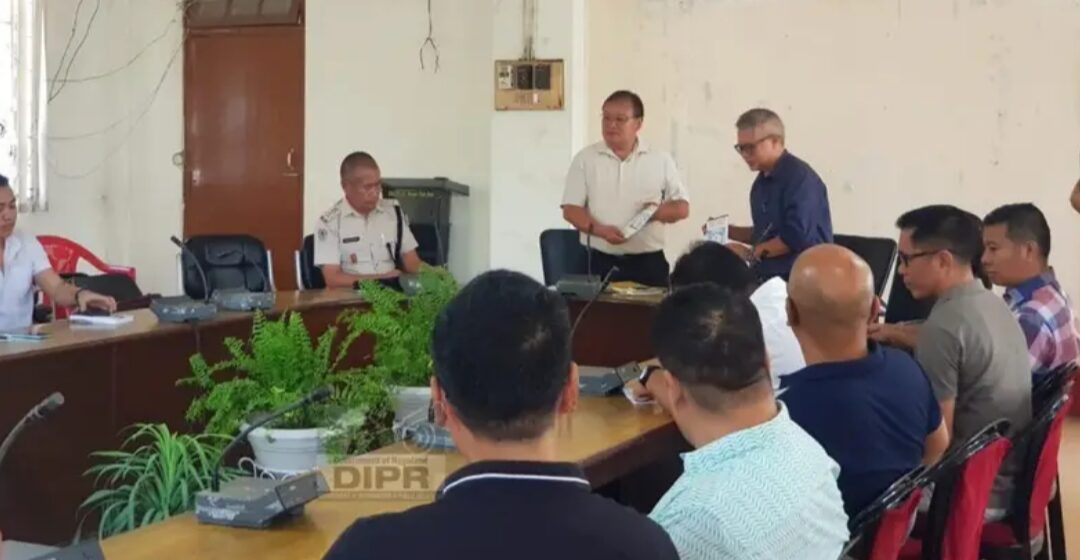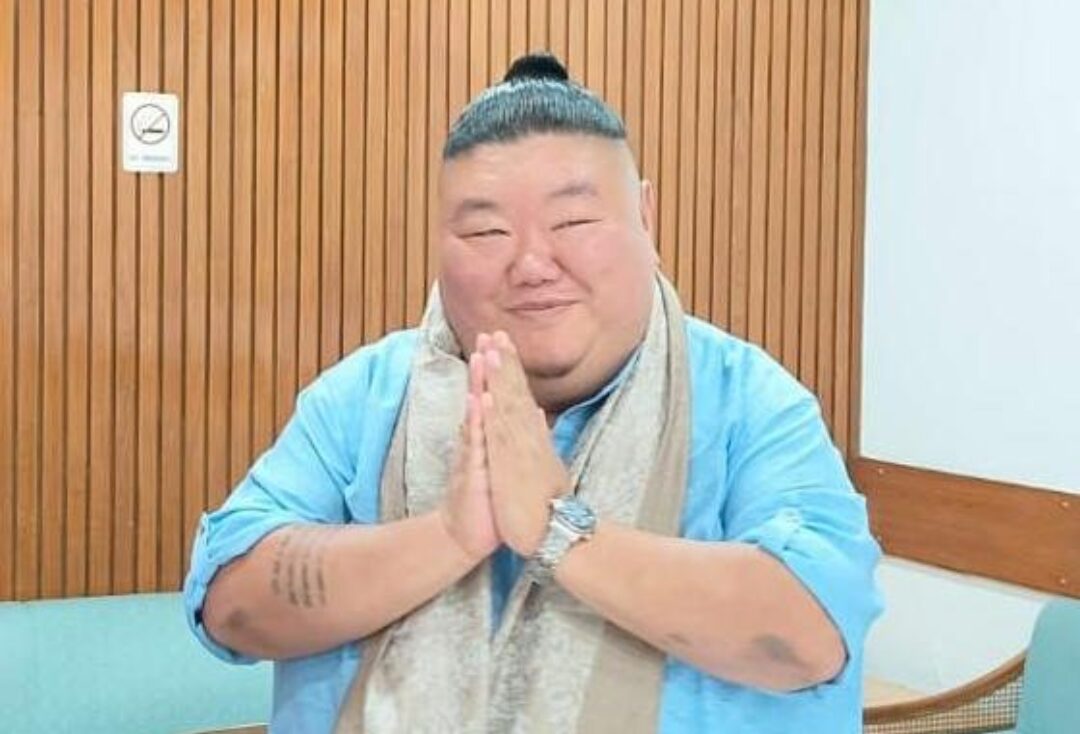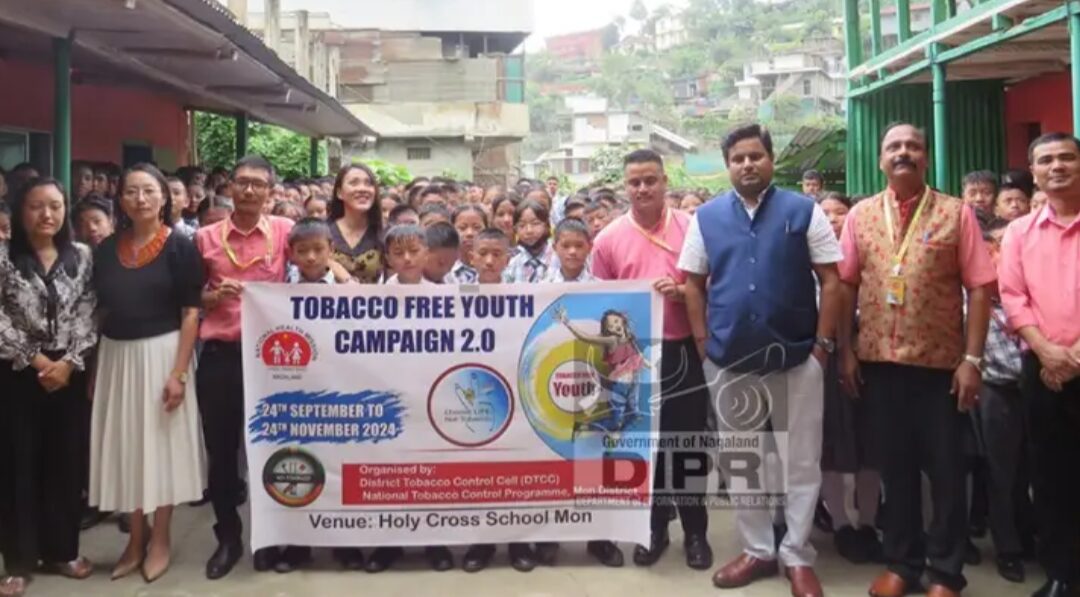The Global Naga Forum (GNF) has strongly condemned the Supreme Court of India’s decision to close criminal proceedings against 30 Army personnel implicated in the 2021 Oting massacre. This ruling, issued on 17 September 2024, has ignited a fierce debate about justice, human rights, and the controversial Armed Forces (Special Powers) Act (AFSPA) of 1958, which grants special powers to the Indian armed forces in “disturbed areas.”
Oting Incident: A Tragic Chapter
On 4 December 2021, the Mon district of Nagaland witnessed a devastating tragedy that claimed the lives of 14 civilians. Known as the Oting massacre, this incident led to charges being filed against 30 members of the 21 Para (SF) unit of the Indian Army. The Nagaland Government’s Special Investigation Team (SIT) conducted a thorough investigation and filed charges at the District and Sessions Court, Mon, on 30 May 2022.
The charge sheet identified various ranks among the accused soldiers, including a Major, 2 Subedars, 8 Hav/THM, 4 Nk, 6 L/Nk, and 9 Paratroopers. In early April 2022, the SIT sought prosecution sanction from the Department of Military Affairs, marking a critical step in pursuing legal action.
Also Read: Tuensang’s 10-0 victory kicks off 23rd Dr. T. Ao Trophy 2024
Supreme Court’s Controversial Decision
The Supreme Court bench comprising Justices Vikram Nath and PB Varale terminated the criminal proceedings against the accused Army personnel. However, they left open the possibility for the case to proceed if the Union government grants prosecution sanction. The bench also noted that the Army could initiate disciplinary action against those involved.
This decision came in response to a plea by the wives of the accused Security Forces personnel. They argued that under AFSPA’s immunity provisions, the Nagaland Government lacked jurisdiction to prosecute their spouses.
GNF’s Outcry and Demand for Justice
The GNF has condemned the Supreme Court’s ruling, arguing that it sends a disheartening message that justice remains elusive for victims and their families. They emphasised that the Oting massacre is part of a long-standing pattern of violence against the Naga people under AFSPA.
In response to the court’s decision, GNF has urged the Nagaland State Government to file a review petition in the Supreme Court. They have also called on civil society organisations, tribal bodies, human rights defenders, and Naga political groups to unite in protest against what they see as a grave injustice.
Also Read: Bharat Bandh to challenge Supreme Court ruling on SC/ST reservations
AFSPA and Its Contentious Legacy
The GNF views this ruling as an affront to Oting massacre victims and an attack on marginalised communities across India who suffer under AFSPA. The Forum has reiterated its demand for AFSPA’s repeal, labelling it an outdated law incompatible with democratic principles.
In February 2023, the Centre declined to grant prosecution sanction under AFSPA for those implicated. Consequently, in July 2024, the Nagaland Government approached the Supreme Court to challenge this denial.
While this ruling effectively closes FIRs against Army personnel, implications for the Writ Petition (Criminal) filed by Nagaland remain uncertain. This petition is being considered by a separate bench headed by Chief Justice of India DY Chandrachud. Notices were issued to the Ministry of Defence and Ministry of Home Affairs on 15 July with a six-week return date.




